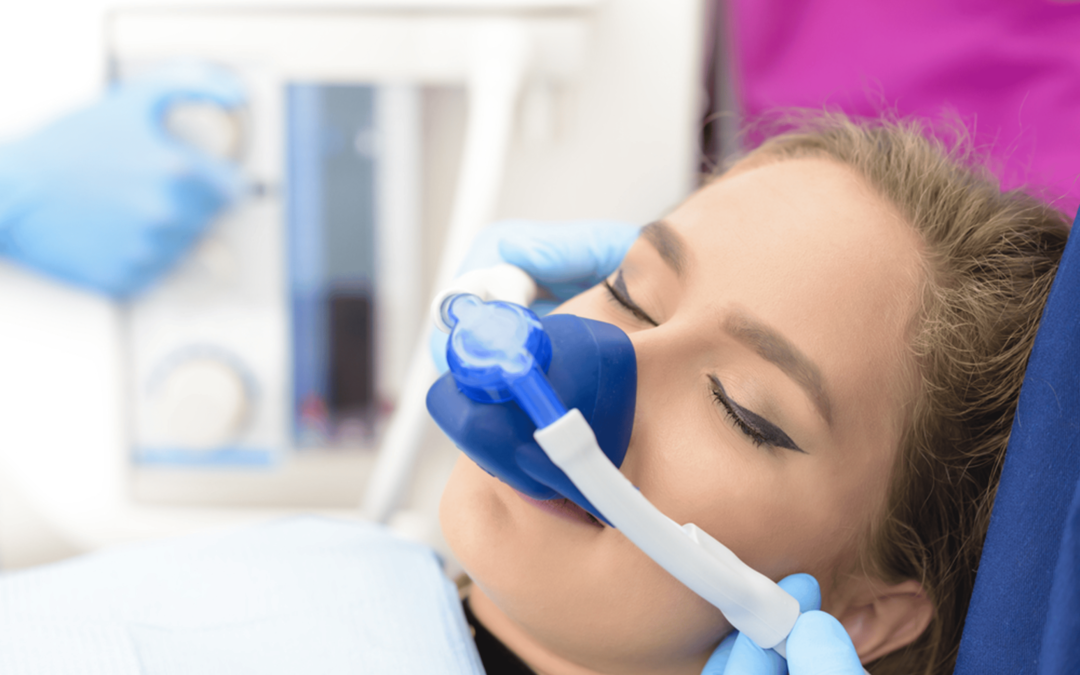Due to the widespread fear or anxiety associated with dental procedures and processes, sedation dentistry has grown in popularity over the past several years. In order to relax patients during dental treatments, sedation dentistry is taken into consideration. But is it safe? Let’s take a closer look.
Types of Sedation Dentistry
Minimal, moderate, and deep sedation are the three different forms of sedation dentistry. In the mildest type of sedation, known as minimal sedation, the patient is awake but at ease. Under moderate sedation, often known as conscious sedation, the patient can blurt out their words or not recall much of the surgery. The most severe form of sedation, deep sedation, commonly known as general anesthesia, renders the patient completely unconscious.
Is Sedation Dentistry Safe?
When performed by a qualified and experienced dentist or dental anesthesiologist, sedation dentistry is generally safe. Dentists who administer sedation are advised by the American Dental Association (ADA) to adhere to a set of educational and certification standards. The dentist should also have the tools and medications required to keep an eye on the patient’s vital signs while the procedure is being performed.
Although they are uncommon, complications from sedation dentistry are possible. Nausea, vomiting, and dizziness are the most typical adverse effects of sedation dentistry near you. Although they are uncommon, severe side effects like cardiac arrest, allergic reactions, and respiratory depression may arise. A comprehensive medical history and assessment should be performed by the dentist before giving anesthesia in order to reduce the potential for complications. Along with that, the patient must adhere to the dentist’s pre- and post-operative recommendations.
Before receiving sedation, inform your dentist near you about your complete medical history and any drugs you are currently consuming. The risk of problems during sedation may be increased by certain medical conditions, such as sleep apnea. It is necessary to strictly adhere to any pre-operative instructions, such as avoiding food and drink for a specific amount of time prior to the visit.
Who is a Good Candidate for Sedation Dentistry?
Patients with the following conditions may benefit from sedation dentistry:
- Dental anxiety or phobia
- A sensitive gag reflex
- Physical or cognitive impairments that make it difficult to sit still or cooperate during the appointment
- A low pain threshold
- A need for extensive dental work
However, it is good to keep in mind that sedation dentistry may not be suitable for everyone, especially those patients who have:
- Certain medical conditions, such as obstructive sleep apnea or severe respiratory disease
- Allergies to sedatives or other medications
- A history of substance abuse
- Pregnancy or breastfeeding
It is essential to discuss your medical history, medications, and allergies with our dentist in Thunder Bay before undergoing sedation dentistry.
FAQs
How should I prepare for dental treatment under sedation?
Here are some ways to prepare for your sedation dentistry appointment:
- Avoid drinking or eating before the appointment
- Wear comfortable clothes
- Make sure you bring someone to drive you home
- Stay hydrated
Will I be awake?
Sedation dentistry keeps you at ease, calm, and comfortable throughout dental procedures. Although you are technically still awake, you are very calm due to the moderate sedation.
Does sedation dentistry help patients with special needs?
For patients with special requirements who want to get dental care in a calm, non-threatening, and comfortable setting, dental sedation is one of the most efficient and excellent solutions.
Conclusion
Overall, sedation dentistry in Thunder Bay can be a safe and effective way to help patients relax during dental visits The risks and advantages of sedation should be carefully weighed by patients, who should also select a dentist with adequate sedation training and experience. Patients should also carefully follow all pre-and post-operative instructions to ensure a safe and successful outcome. To learn more, consult with our experts and qualified dentists at Current River Dental today!

